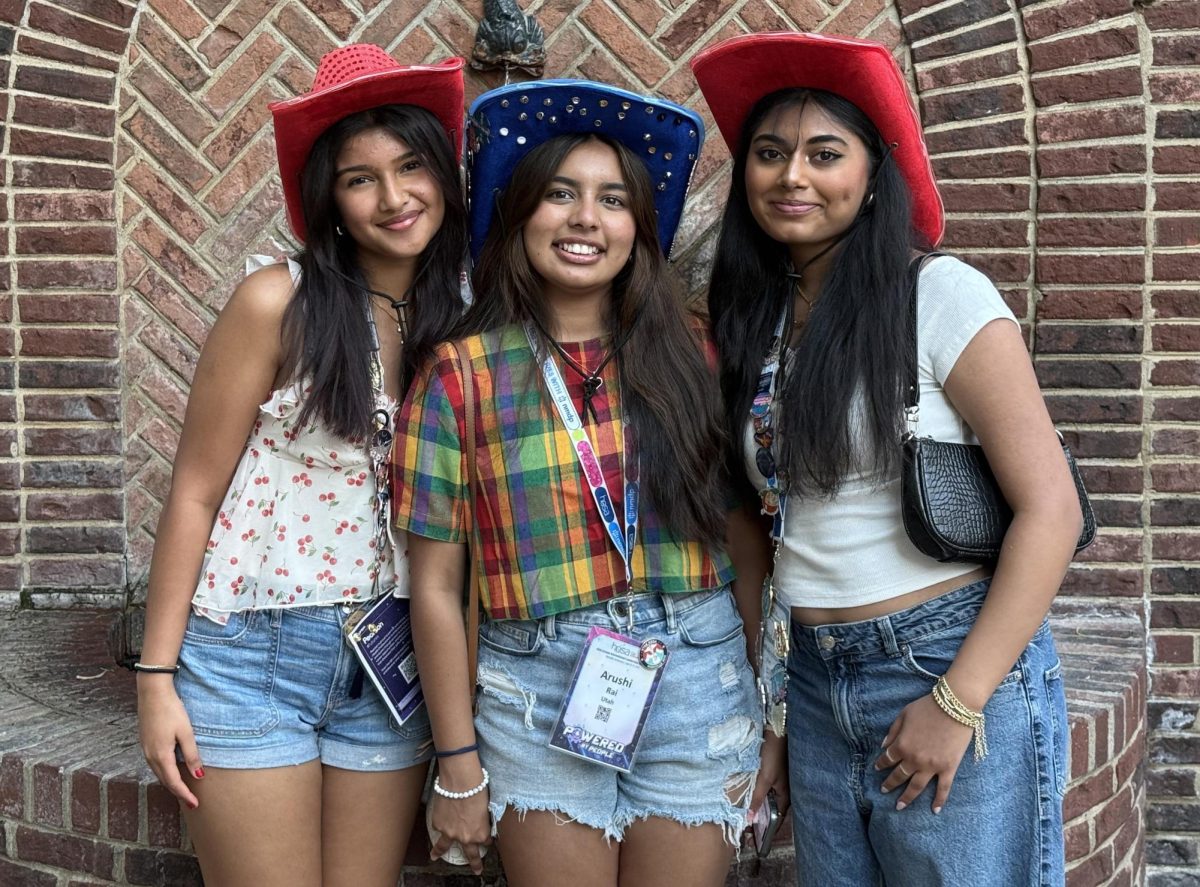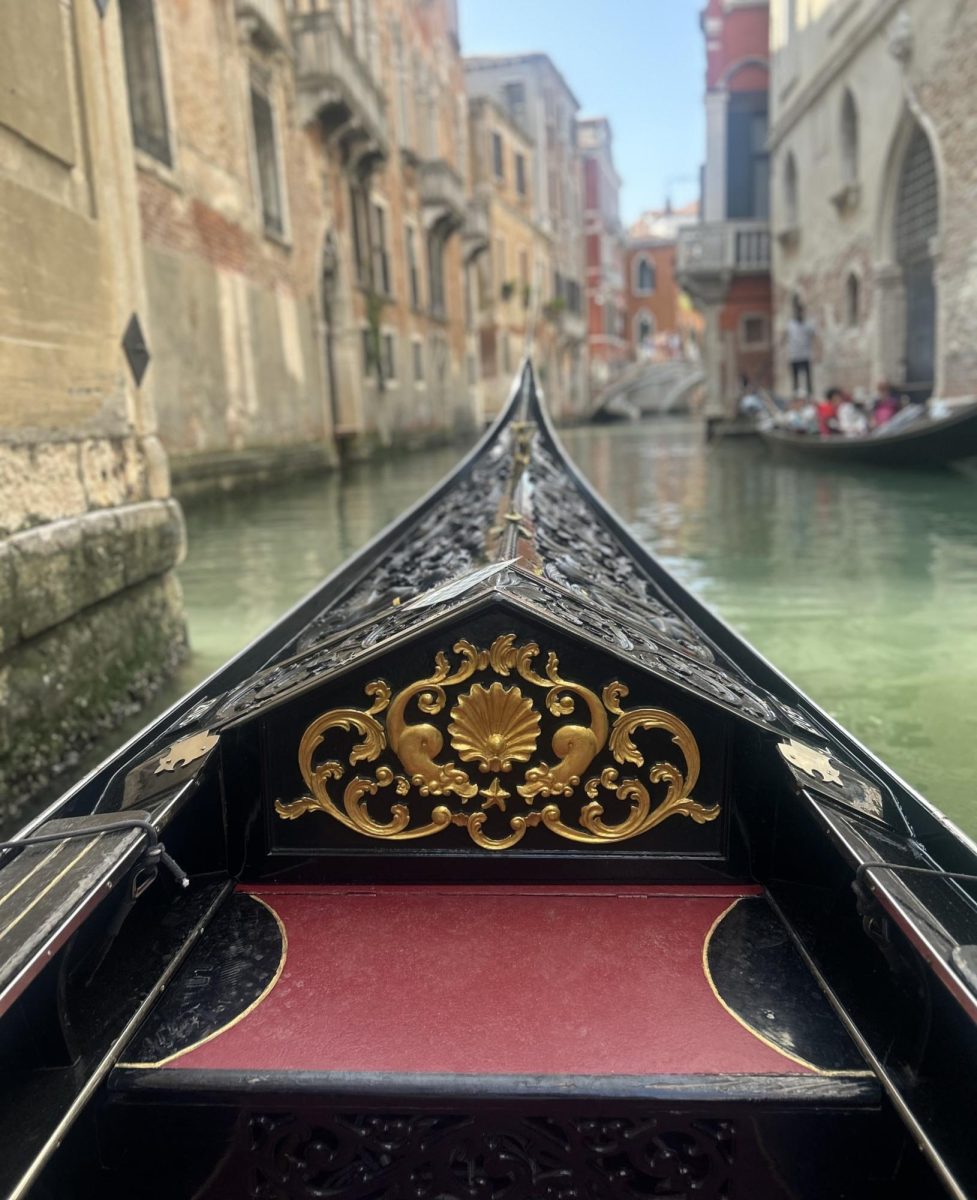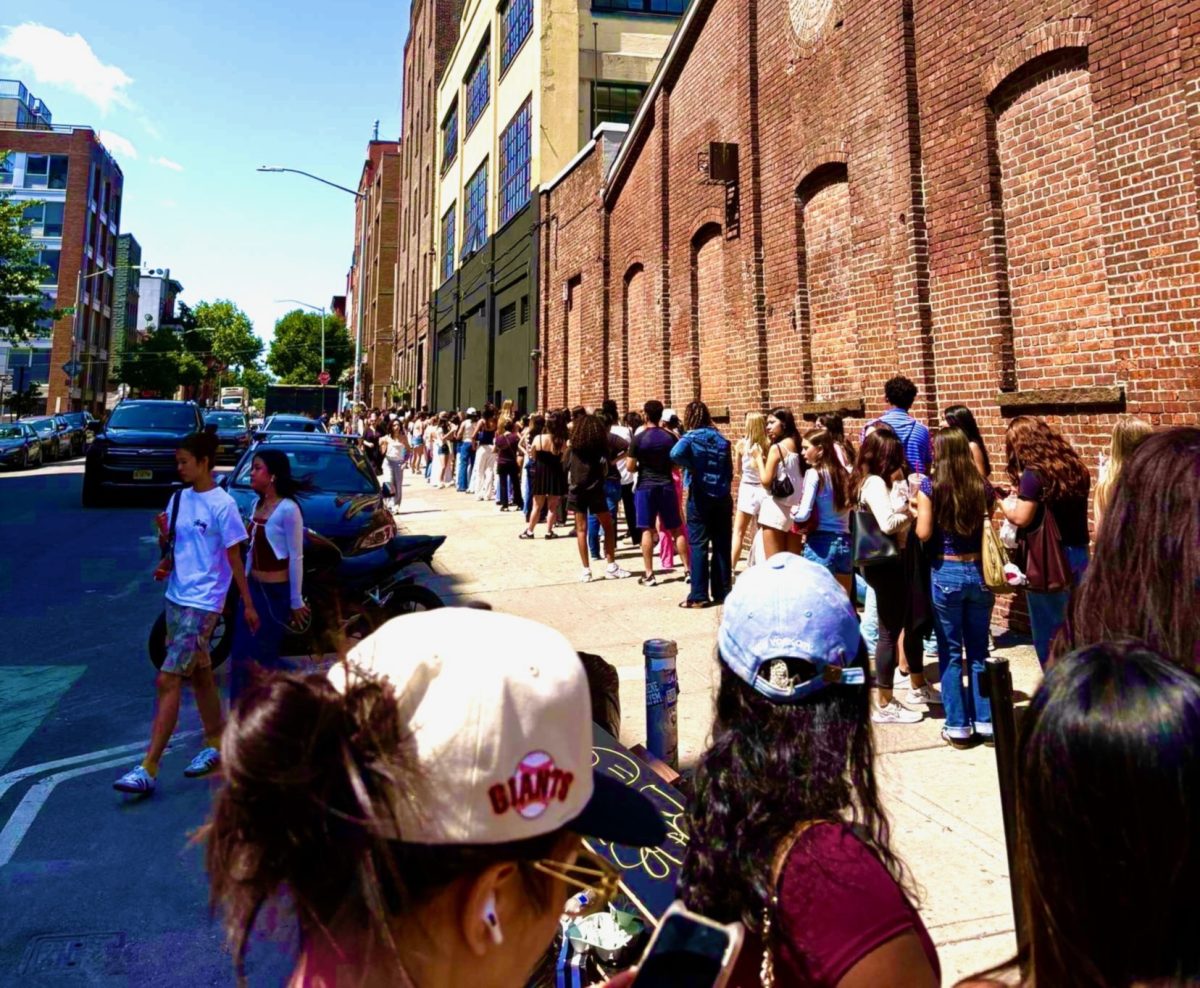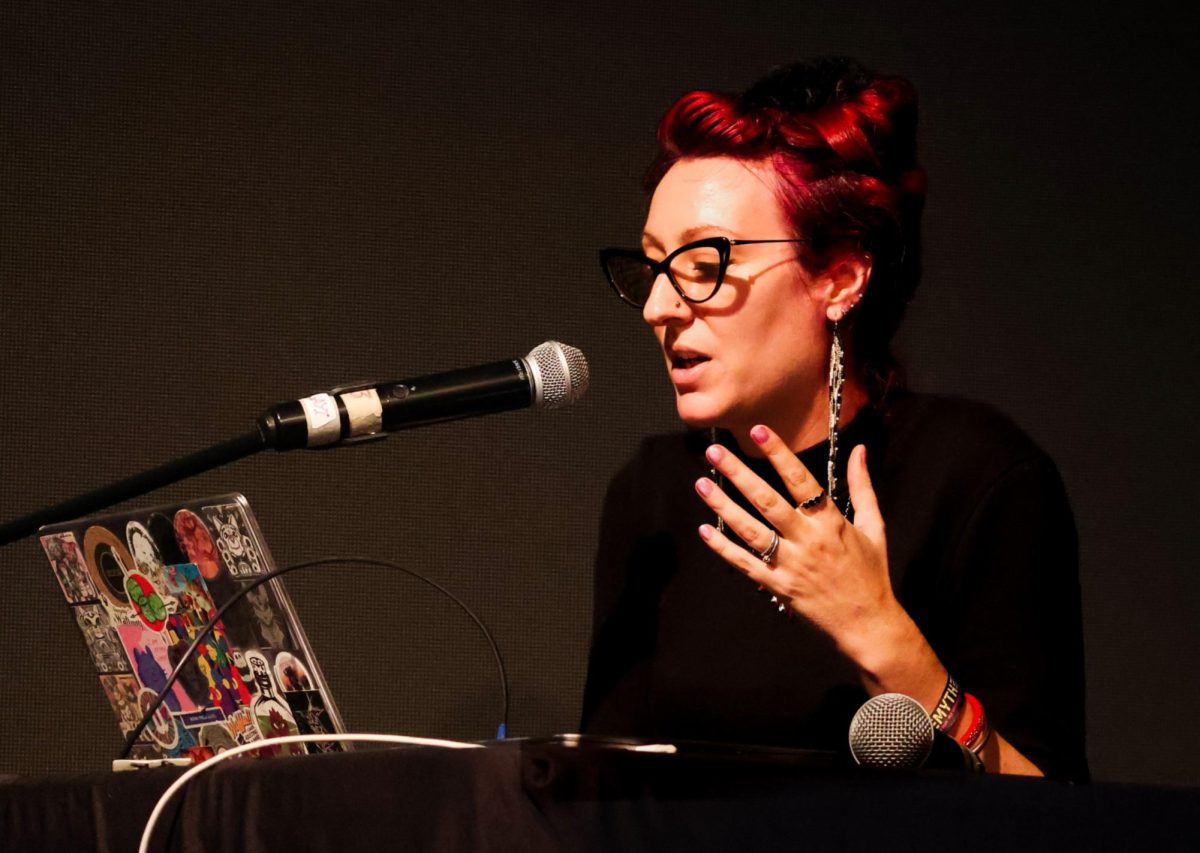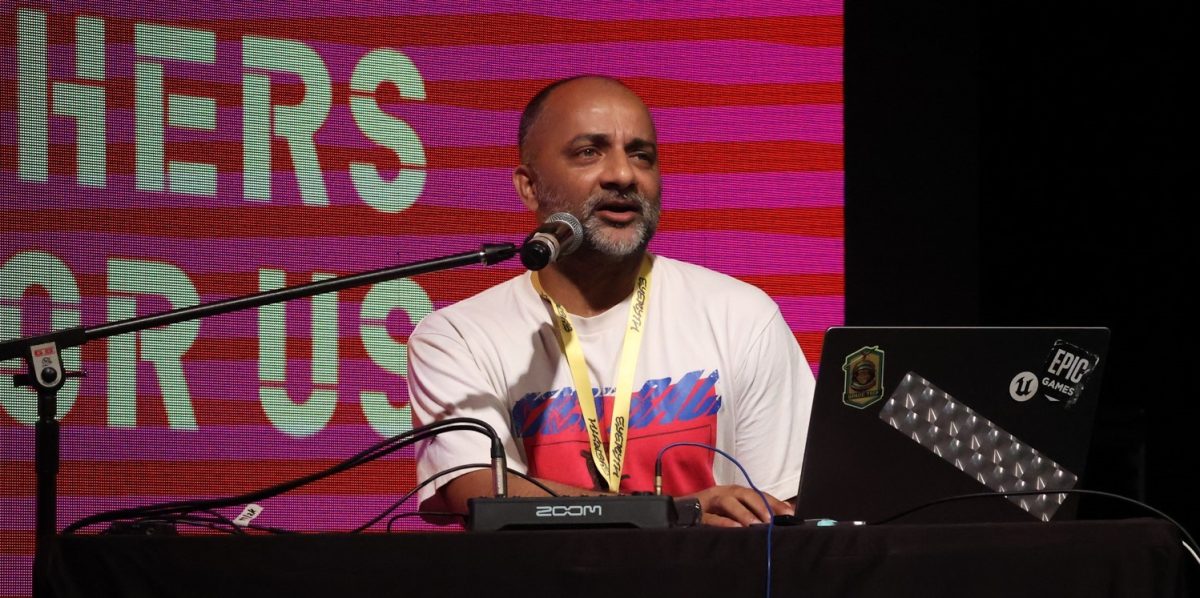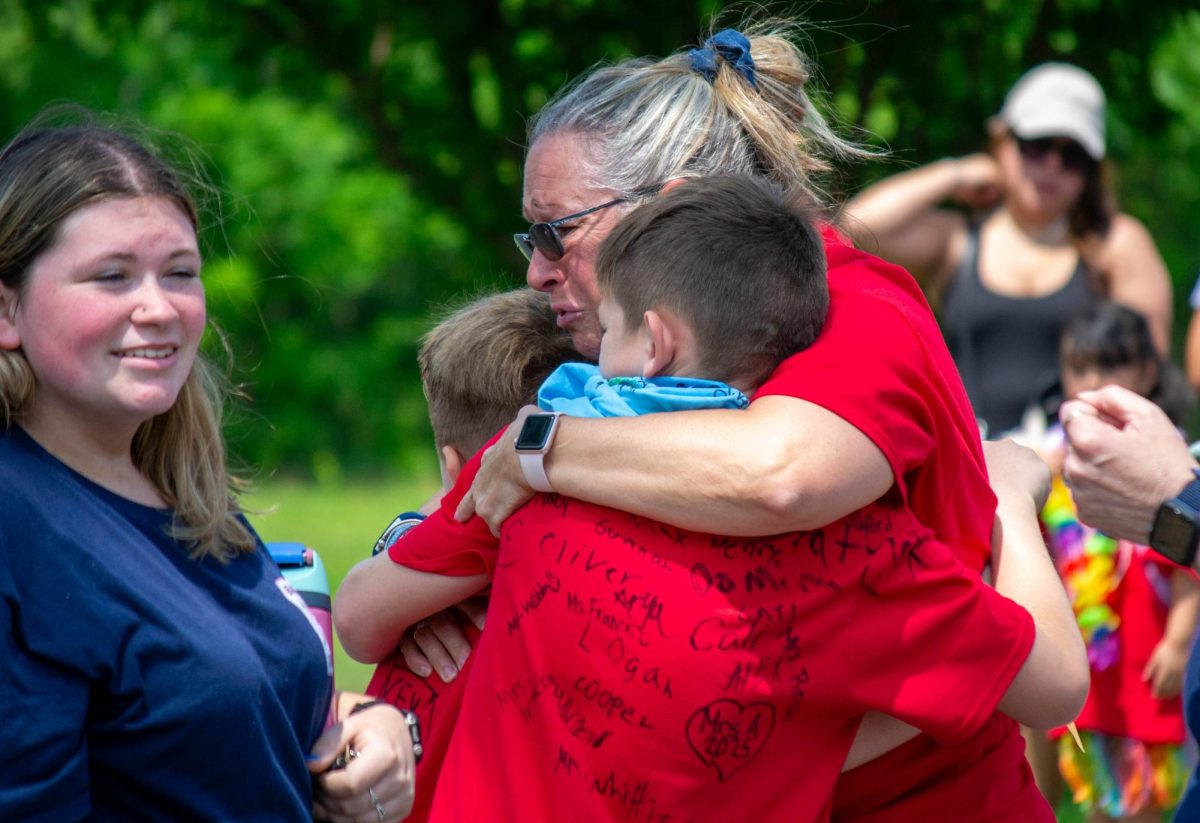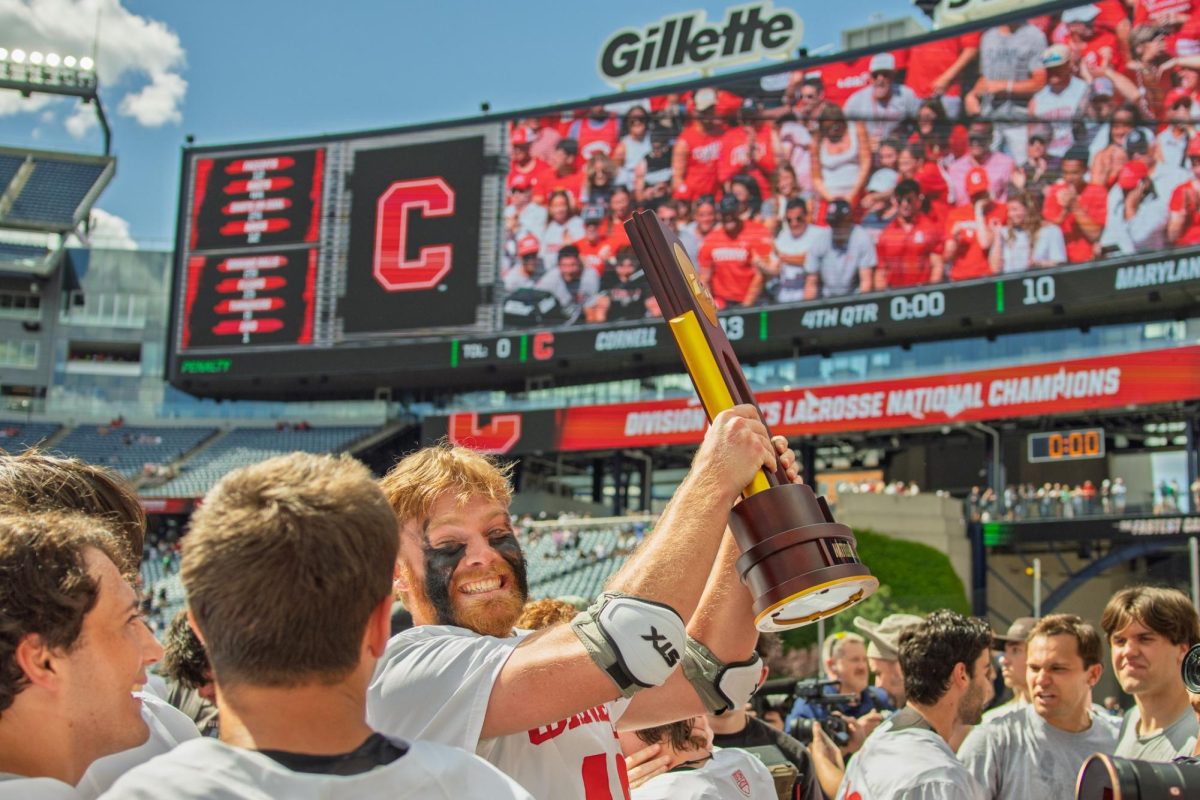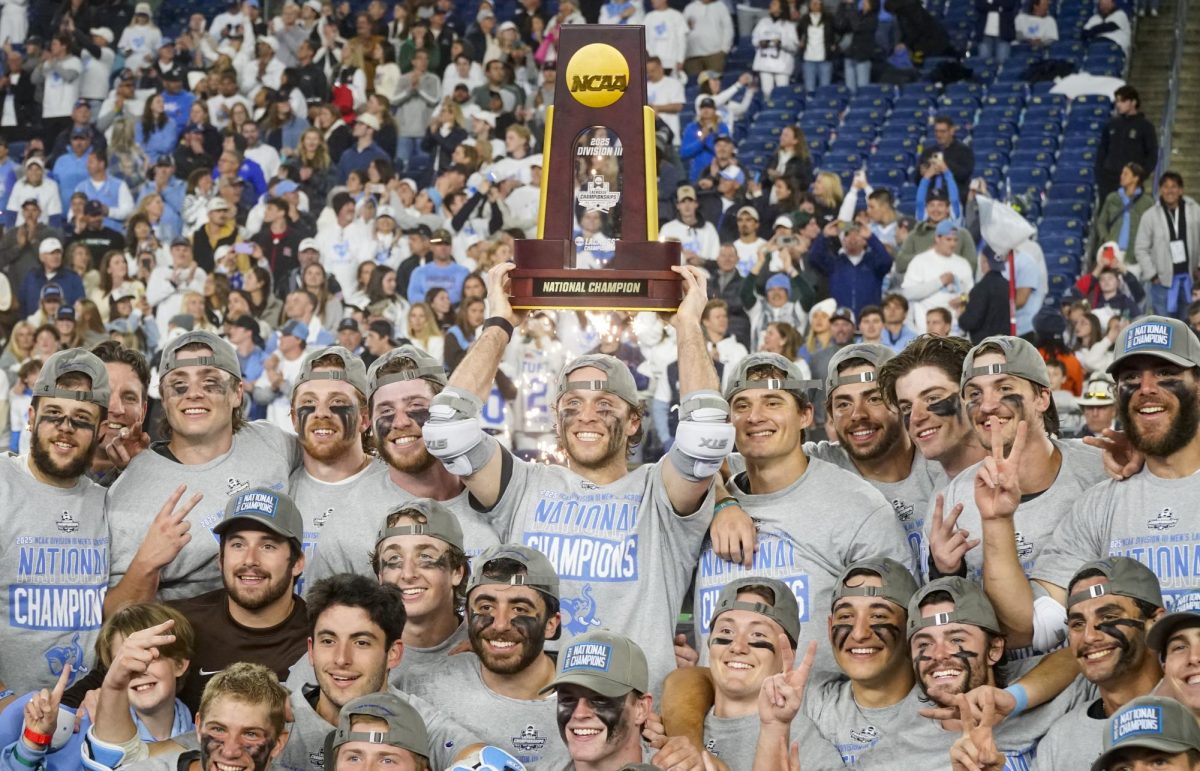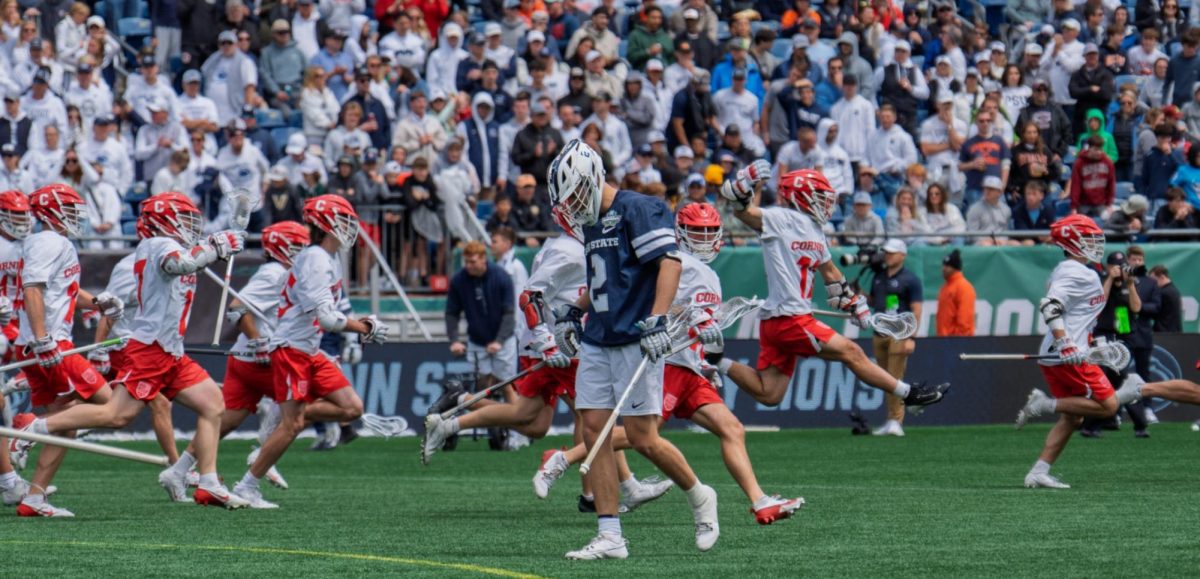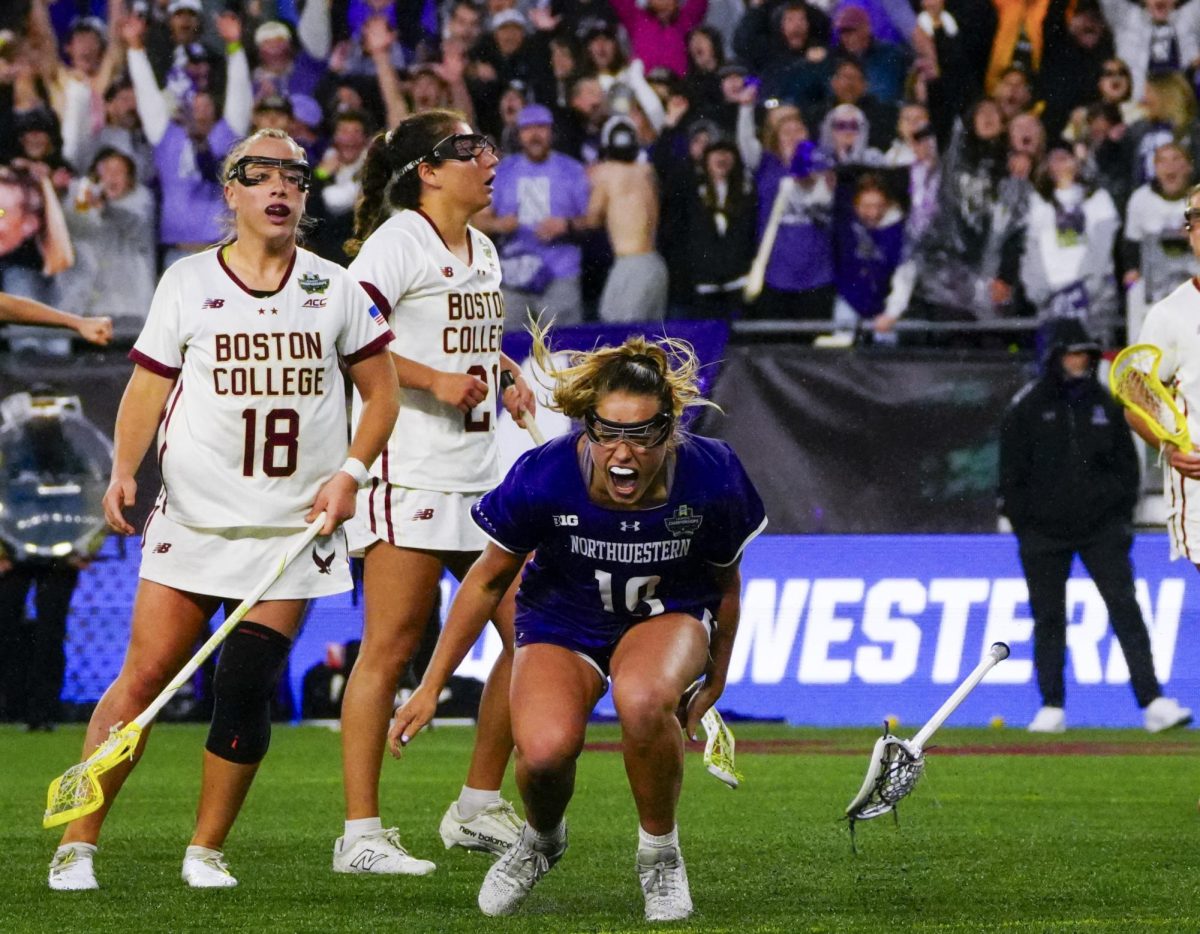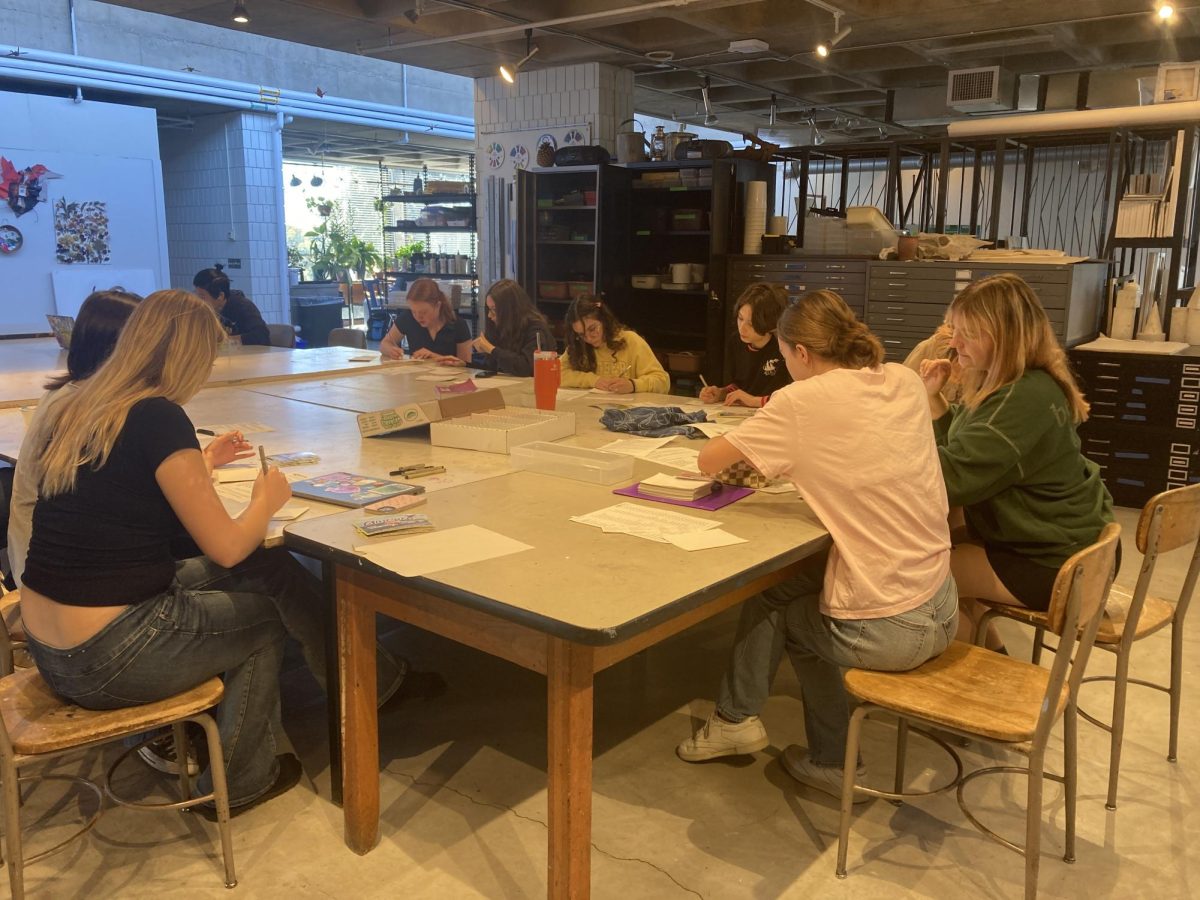A firsthand view to schools around the world during a pandemic
Ani Seppelin from The Oakmonitor at Oakmont Regional in Ashburnham, Mass., was a winner in Headliners in Education’s April 2021 contest for Best Education Story
April 30, 2021
(Ani Seppelin from Oakmont Regional in Ashburnham, Mass., was a winner in Headliners in Education’s April 2021 contest for Best Education Story. Read the original story in The Oakmonitor HERE.)
Ever wondered how other countries are handling the pandemic? How are other school systems operating? Oakmont is currently operating as a hybrid – social distancing rules, all wearing masks.
Is Germany doing the same? The results will shock you. Seven different families all around the world in a span of 7 countries on three different continents have been asked how school is going for them. *All dialogue is translated*
Russia
Masha Nalbandyan is currently an 8th grader attending school in Krasnodar Russia. “Our school day is like a typical day, the same as before Covid” says Masha. In this part of Russia, it is the same as before. No one wears masks, and no one socially distances. Masha’s school is every day in person. The Krasnodar schools never went remote also. In fact, even in March, they still went in person despite the shock of a global pandemic. Keep in mind, Krasnodar is just one city near the black sea, it does not represent all of Russia. Some Schools near the larger cities most likely are hybrid or remote. Covid-19 did not impact Russia’s learning or their way of life whatsoever. 
Armenia
Schools started off hybrid every other day Monday-Saturday in Armenia, but COVID cases started to rise even though everyone was taking precautions and wearing masks. Currently, grades K-12 schools are remote but have to go to school on days of testing. If the number of active COVID cases slows down again, schools will go back to hybrid. Colleges in Armenia are different though. Heghine Tagvoryan, a student at the University of Yerevan, in Armenia is studying Chemistry. She noted that, “Most colleges are remote, but since I’m doing chemistry and we have to use the laboratory. We go in twice a week – only to do experiments. It is not possible to do these experiments at home. Everytime I enter the university they take my temperature.”
Finland
Lennart Isoniemi is a lawyer in Finland with 3 children in 3 different schools. Lennart noted that all parts of Finland are different and have different guidelines, depending on how bad the covid situation is there. He lives in southern Finland. “Senior high school students are studying from home completely remote. Junior high is in person school but they have to wear masks, especially in southern Finland. Lastly, Elementary school students are in school everyday without masks, but they make sure to practice good health precautions.” Lennart also added that COVID is worse where he lives so their guidelines are more stricter. Overall, Finland has taken the virus pretty serious but the guidelines have loosened up and are less strict compared to the spring. Finland has done well to battle the virus, so they never had extreme lockdowns compared to other parts of the world.
France
Anahit Tagvoryan, a 6th grader attending private school in France has a lot to say about the impact of Covid-19. First she told me about her typical day before Covid. “Before Covid, schools were 4 days a week anyways so now we don’t get an extra day off, it’s the same.” I asked Anahit to evaluate her response on this 4 day school system that sounds like a dream. “Many years ago France made it mandatory for all public and private schools to have Wednesdays off. It’s the day for instrumental arts like music. The only reason someone would have to go school on a Wednesday is to take a language that the school does not provide for only 2 hours so kids can learn new languages.” When Covid first came in March, France turned remote. Now school still goes on in person everyday. It is mandatory to wear masks for children 6 and up. Staying 6ft apart is not required, thus they can sit next to each other. Temperatures are not taken before entering school and all clubs are cancelled. Before Covid the students rotated classes, but now with Covid the students stay, and the teachers rotate.
Canada
Schools in Canada are similar to schools in the US. They wear masks everyday, and try to be socially distant if they can. Tigran Mkrtchyan is currently attending 9th grade in Nova Scotia. Tigran mentioned, “We try our best to stay socially distanced when possible. It’s hard with so many kids and so little space. Classes that are big enough are 6 feet apart, but some, that’s not possible so it isn’t 6 feet apart.” Tigran says he goes into school every single day since last school year’s education wasn’t being taken seriously. “There is a big gap now, and they want to get back on track. We are trying to stay in school as long as possible until Covid comes to our school again and we will have to temporarily shut down.” Some schools in Canada do have Covid and are fully remote – also, it’s different all throughout the big country of Canada.
Germany
Even though Nordrhein Westfalen in Germany is going into a 2 week quarantine starting December 16, Astghik Tevosyan has been attending elementary school in Germany. When I first talked to her, Astghik was sad because she will not be able to celebrate Christmas with her relatives due to a statewide quarantine along with a 5 person gathering limit for Christmas. Astghik’s response on how school is going for her was, “Grades 1-4 have to wear masks when leaving the classroom but when seated at our desk our masks can come off.” She also noted on the other grades saying that grades 5-12 always have to wear a mask no matter what. However, they don’t have to socially distance and sit far apart. The windows and doors in the classrooms are mandatory to be open, even in the winter. So, kids have to come to school prepared with winter jackets, hats and blankets if it’s a cold day outside. Lunch is also eaten outside too. When covid just came in March, younger students went to school once a week just to pick up papers. Then they came back the following week to return assignments and get new ones. The older students were fully remote in March.
China
Nick Yan is attending college in China. When I asked Nick if he wore masks, his answer was “No.” I asked Nick to explain himself on this and he said, “When Covid first started we took every precaution needed and had a serious lock down in the spring where you could only leave the house for food.” We did what needed to be done, and Covid is gone now. We don’t have social distancing, we don’t wear masks simply because there is no need to.” Nick’s college is fully in person everyday with no masks. His life is back to normal like before the pandemic. The only time they wear masks is on public transportation just to be cautious. The part of China that he is in now has 0 cases.
Is America taking Covid precautions too seriously compared to other countries? Are other countries not caring enough about Covid? So many questions are forming about who is doing it right or wrong. But the truth is every country has different circumstances that need to be reached. It’s up to the country individually to decide. As long as the Covid cases go down, schools are going right. Asking students around the world has made me realize this is not just an American problem where it’s hard for the school system, but this is a global problem. After all we are in a pandemic.
Summary of interview
I had personal phone calls over skype with every student who was interviewed in this article. Phone calls took place December 3-15, 2020. All dialogue was translated.
Russia- Masha Nalbandyan, 8th grader in Krasnodar Russia
Armenia- Heghine Tagvoryan, sophomore in college, Yerevan, Armenia
Finland- Lennart Isoniemi- 3 children in elementary, middle, and high school, Lahti Finland
France- Anahit Tagvoryan- 6th grader in Le Mans, France
Canada- Tigran Mkrtchyan- 9th grader in Nova Scotia, Canada
Germany- Astghik Tevosyan, 6th grader in Nordrhein Westfalen, Germany
China- Nick Yan, Junior in college, Fujian Province, China
–HiE–

